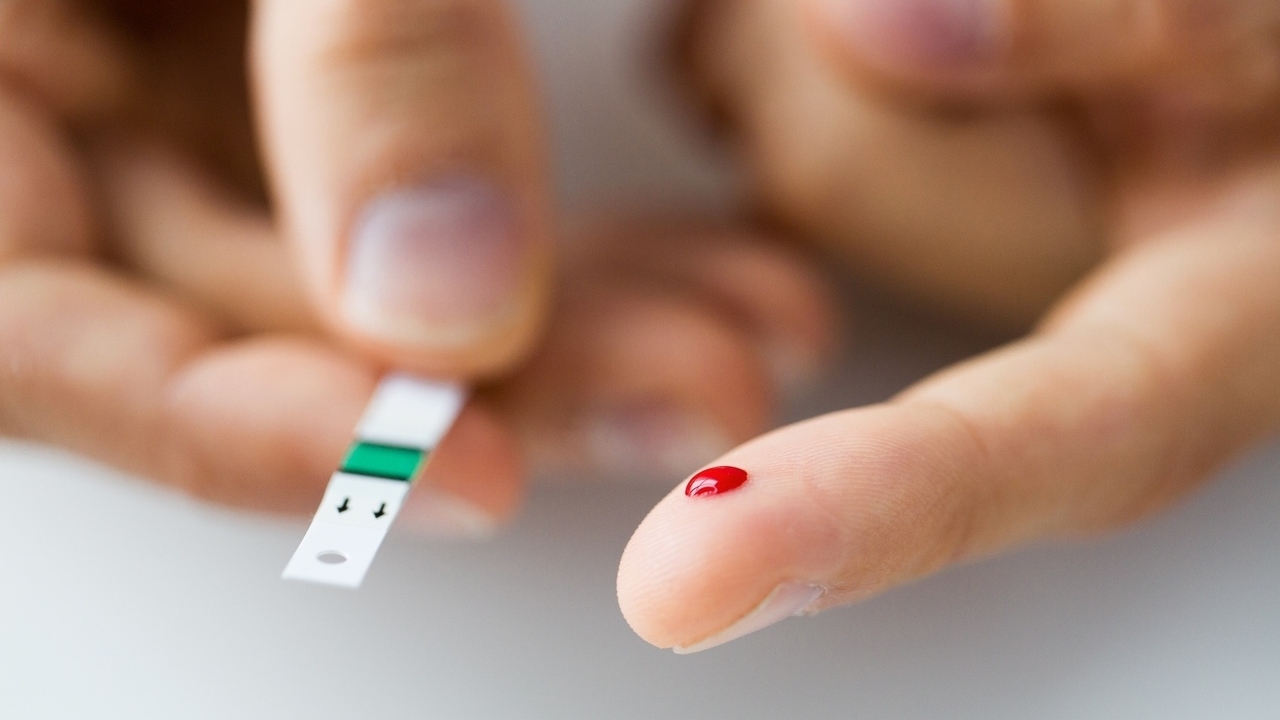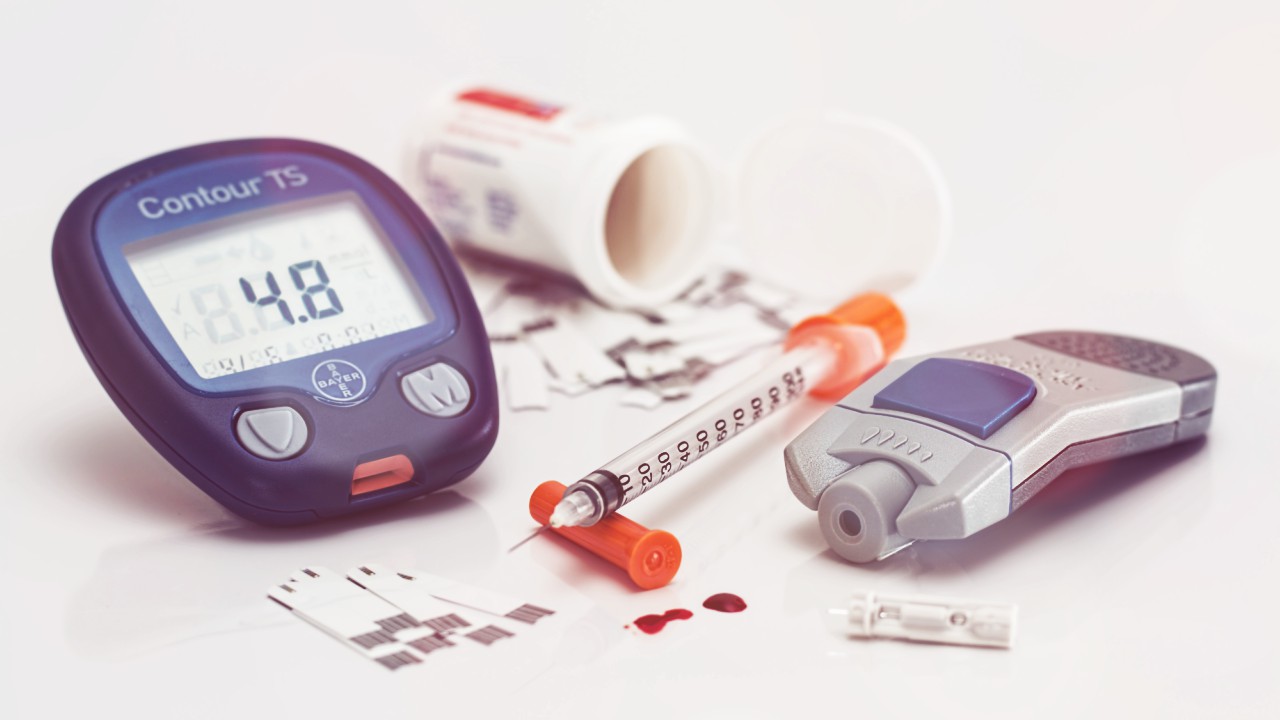Macular edema is a complication of diabetes that causes vision problems for many people and can even cause blindness. Over time, diabetes has an effect on the blood vessels of the retina, causing diabetic retinopathy that can progress to macular edema. Diabetic retinopathy is the most common cause of blindness in adults.
The retina is the lining of the eye. It is sensitive to light and works like film in a camera. Images come through the lens of your eye and are focused on the retina. The retina has a rich blood supply, and this is decreased by diabetes. The macula is at the back of your eye and is where sharp, straight ahead focus takes place. When the vessels of the retina become blocked due to diabetes, new vessels form. These new vessels are very fragile and sometimes leak blood and fluid into the macula, causing macular edema.
Symptoms of diabetic retinopathy and macular edema include floating spots in vision and often lines that should appear straight will look wiggly. Vision may just seem a little blurry but can degenerate very quickly. This is why diabetics should see an ophthalmologist yearly for a comprehensive eye exam.
Currently, the treatment for macular edema is laser eye surgery. Up to hundreds of laser burns are placed on the blood vessels to stop the fluid leakage, similar to cauterizing a wound. This may have to be done more than once, and only one eye is typically done at a time.
Results of a new drug trial conducted by the Wilmer Eye Institute of Johns Hopkins University School of Medicine were recently published in the American Journal of Ophthalmology. This human drug trial involved treated people suffering from macular edema with a topical medication called mecamylamine.
During the study, people administered mecamylamine drops to their own eyes twice a day for 16 weeks. Every four weeks participants in the trial were examined and given vision tests. By the end of the study, approximately 40 percent of the participants showed significant improvement in vision and thickness of the retina.
This is exciting news! Aside from the discomfort of laser surgery in comparison to self-administered eye drops, this treatment would be more affordable and more convenient for patients. An unintentional effect might be that people with vision changes would see the ophthalmologist in a timelier manner if they weren’t afraid the only treatment was surgical.
In most cases, laser surgery cannot restore vision that has already been lost even though it decreases the risk of blindness by nearly 90 percent. If treatment in the form of simple eye drops at home is effective, perhaps fewer people will wait until their vision changes are severe.
The study was funded by the Juvenile Diabetes Research Foundation through its Industry Drug Development Partnership program.





Add a Comment2 Comments
Very informative and encouraging.
March 31, 2010 - 11:21amThis Comment
Another Great article!!
March 26, 2010 - 1:15pmThis Comment